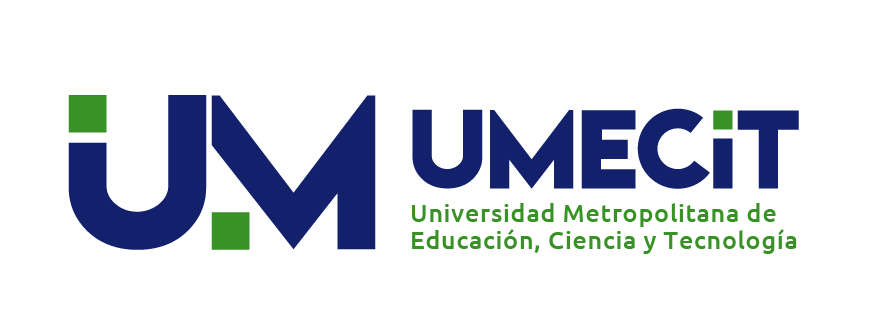“PHYSIOSALUD”
The “Fisio Salud” Seedbed is a group of physiotherapy students from the UMECIT Faculty of Health committed to promoting health and well-being through the application of physiotherapy knowledge and techniques. The main objective of this seedbed is to encourage the active participation of students in research, continuous learning and the dissemination of innovative therapeutic practices and strategies.
Under the motto "Move, Rehabilitate and Transform", the Fisio Salud Seedbed focuses on exploring and analyzing different areas of physiotherapy, addressing topics such as injury prevention and rehabilitation, pain management, promotion of mobility and functionality. , among other fundamental aspects for the recovery and maintenance of health.
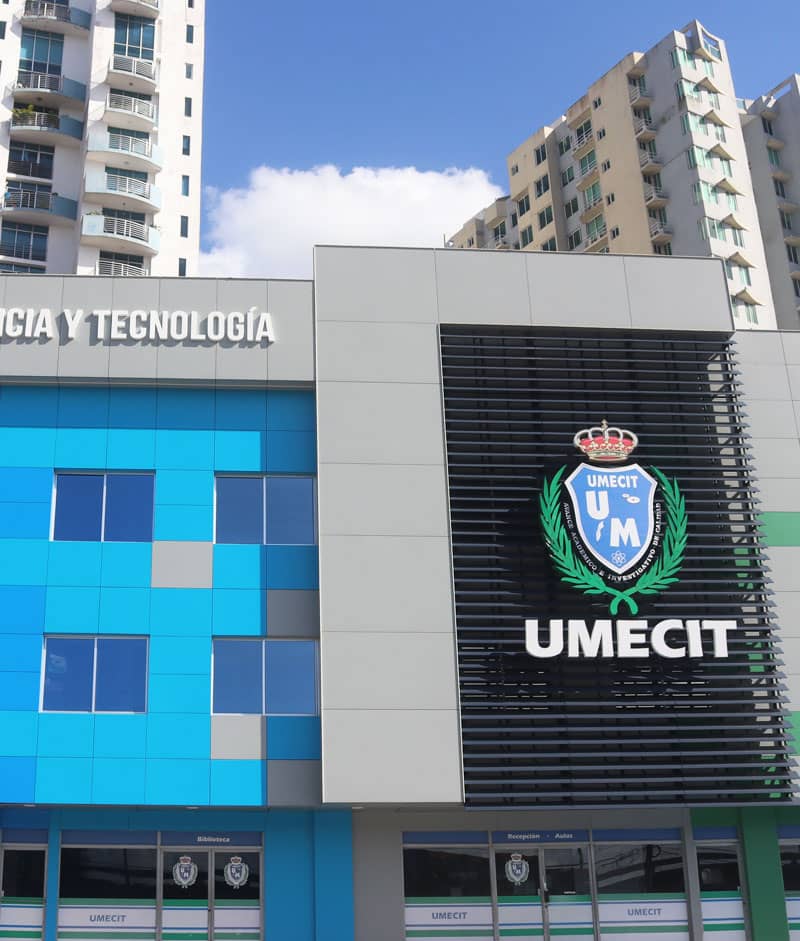
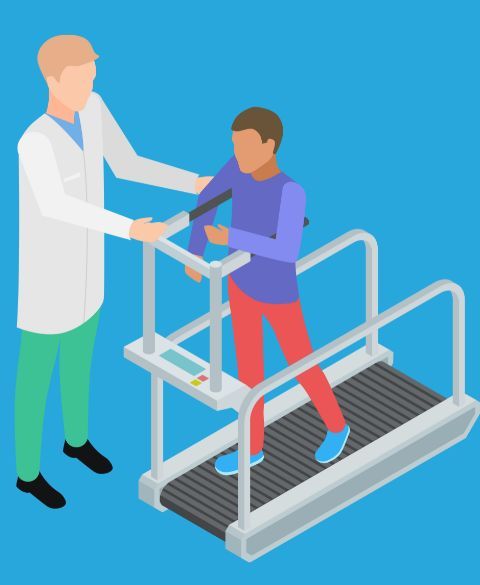
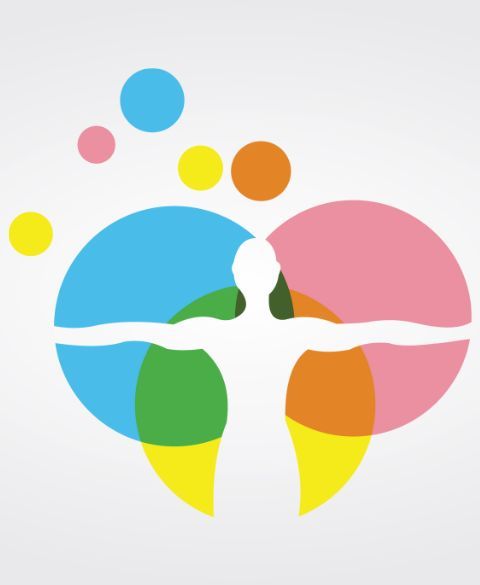
Through academic, research and extension activities, the Semillero Fisio Salud seeks to strengthen the ties between the theory and practice of physiotherapy, promoting the exchange of knowledge and experiences among its members and with the community in general. In this way, we seek to contribute to the professional development of students and promote a comprehensive vision of physiotherapy as a key discipline in health care and attention.
The Semillero Fisio Salud is established as a collaborative learning space, where creativity, scientific research and the application of innovative techniques and therapies in the field of physiotherapy are stimulated. With the commitment to provide a significant contribution to society, this seedbed is positioned as a benchmark of academic excellence and social commitment in the field of health and well-being.
"PHYSIOSALUD"
INVESTIGATION
Promote research in the field of physiotherapy, developing projects that contribute to the advancement and generation of knowledge in relevant areas of the discipline. Academic training: Provide learning spaces and complementary training to physiotherapy students, in order to strengthen their theoretical knowledge and practical skills, in line with the latest trends and advances in the field.
SCIENTIFIC DISCLOSURE
Disseminate the results of the research and knowledge generated in the seedbed, both internally and externally, through participation in conferences, symposiums, scientific conferences and publications, with the aim of sharing and socializing the findings with the academic community and scientific.
COMMUNITY PARTICIPATION
Conduct outreach and health promotion activities in the community, with emphasis on the prevention and management of musculoskeletal conditions and other conditions related to physical therapy, with the purpose of improving people's quality of life and fostering a culture of self-care. and wellness.
INTERDISCIPLINARITY
Promote collaborative work and interaction with other hotbeds, research groups and professionals from different disciplines related to health, in order to enrich the approach to health problems from a comprehensive perspective.
PROFESSIONAL DEVELOPMENT AND LEADERSHIP
Promote the personal and professional growth of the members of the seedbed, providing opportunities to acquire leadership, teamwork, communication and project management skills, with the purpose of training future competent professionals committed to excellence in the practice of physiotherapy.
WITH THESE OBJECTIVES...
The "Fisio Salud" Seedbed seeks to promote research, training, scientific dissemination, community participation and the professional development of its members, with the purpose of contributing to the advancement and promotion of physiotherapy as a discipline and the well-being of the community.
“PHYSIOSALUD”
The conceptual and theoretical bases of the “Fisio Salud” Seedbed are based on the following aspects:
Physiotherapy
The seedbed is based on the principles and foundations of physical therapy as a health discipline, which focuses on the prevention, evaluation, diagnosis and treatment of movement disorders, as well as the promotion of health and well-being. Theoretical and practical knowledge is used in anatomy, physiology, biomechanics, manual therapy, therapeutic exercise and other related areas (Magee, DJ, & Zachazewski, J. E; 2014).
Health Sciences
The conceptual and theoretical bases of health sciences, such as anatomy, physiology, neurology and pathology, are considered to understand the biological and functional processes of the human body, as well as the alterations that may arise and their relationship with musculoskeletal disorders and other conditions addressed by physical therapy. (Brukner,P.,&Khan,K;2017).
Intervention models and approaches
Different intervention models and approaches are explored and applied in physical therapy, such as the biopsychosocial model, the patient-centered approach, the evidence-based approach and manual therapy, among others. These models and approaches guide therapeutic interventions and promote a holistic approach to health care (Prentice, W. E; 2016).
Scientific investigation
Scientific research is promoted as a basis for the development and evolution of physiotherapy. The importance of research is emphasized in the generation of evidence, the identification of best practices and the continuous improvement of the quality of care in physiotherapy (Álvarez, DJ, Fernández, C., & Hernández, D; 2015).
Update and trends
Stays up to date with the latest trends, advances and technologies in the field of physical therapy, including innovative therapies, rehabilitation technologies, assessment methodologies and measurement tools, to stay in tune with best practices and offer up-to-date and quality care. quality Gómez Conesa, A., & Martínez Rodríguez, ME (2013).
These conceptual and theoretical bases provide a solid frame of reference for the activities of the “Physiosalud” Seedbed, allowing the exploration, research and application of knowledge and techniques in the field of physiotherapy, with the aim of contributing to well-being and health. of people
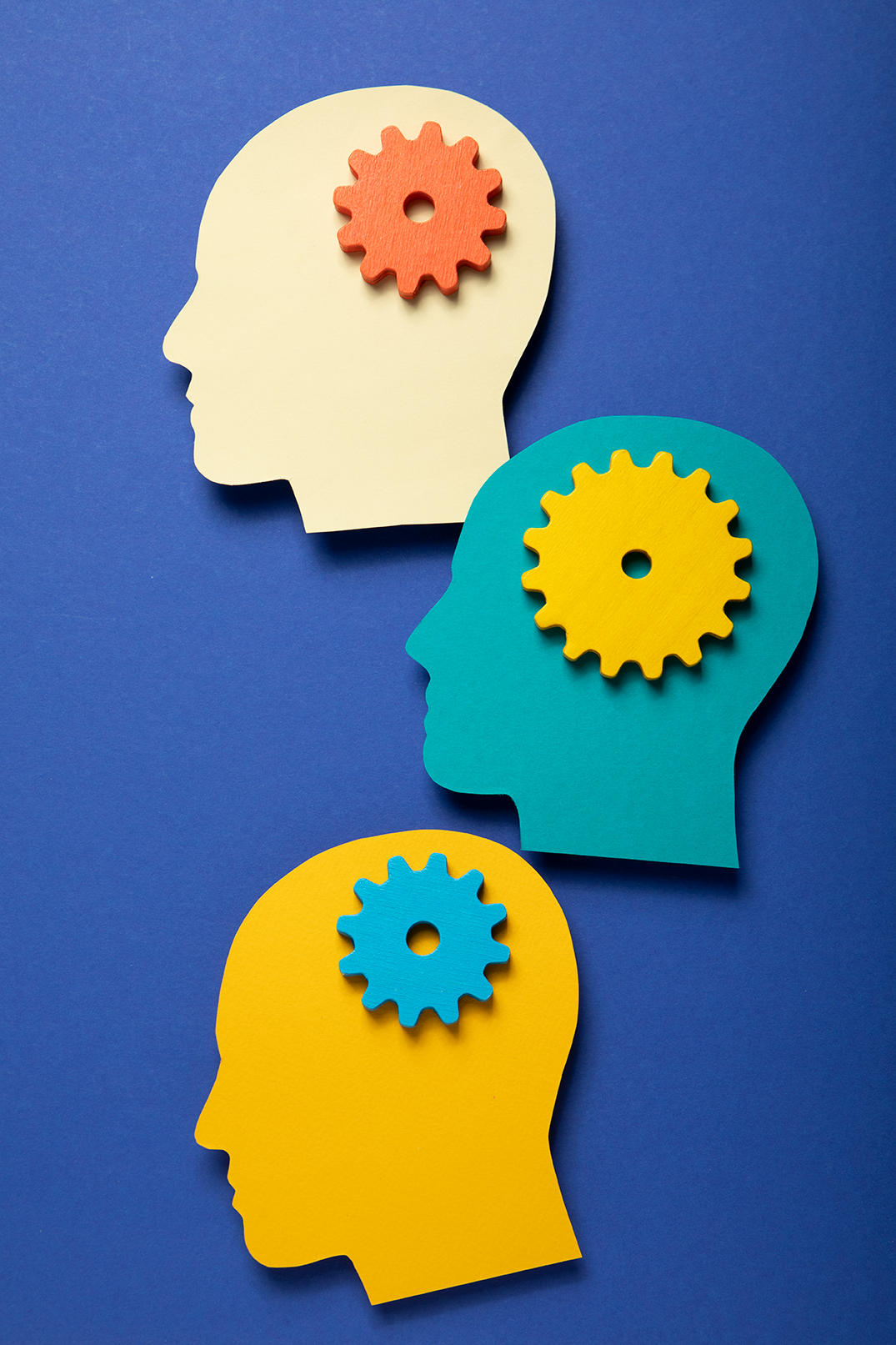
WHICH ARE IN THE PROCESS OF IMPLEMENTATION FROM THE SEEDBED
"Evaluation of the effectiveness of therapeutic exercise in the management of chronic low back pain"
This project seeks to investigate the effectiveness of therapeutic exercise as a non-pharmacological intervention for the treatment of chronic low back pain. Comparative studies can be carried out between different exercise approaches, evaluate the impact on the functionality and quality of life of patients, and analyze the mechanisms of action involved.
"Effects of manual therapy in carpal tunnel syndrome"
The goal of this project is to examine the effects of manual therapy in the management of carpal tunnel syndrome. This project aims to carry out intervention studies in which manual therapy is compared with other forms of treatment, evaluate changes in the symptoms and function of the hand, and analyze the physiological mechanisms involved.
"Impact of aquatic physiotherapy on postoperative functional recovery"
This project seeks to investigate the impact of aquatic physiotherapy on the functional recovery of patients undergoing orthopedic surgery. This project aims to carry out prospective studies in which aquatic physiotherapy is compared with conventional therapy, evaluate the range of motion, muscle strength and functionality of patients, and analyze the specific benefits of the aquatic environment.
"Evaluation of the effectiveness of therapeutic exercise in patients with fibromyalgia"
The objective of this project is to investigate the effectiveness of therapeutic exercise in the management of fibromyalgia symptoms. This project aims to carry out intervention studies in which exercise programs adapted to the needs of patients are implemented, evaluate the reduction of pain, fatigue and improvement in quality of life, and analyze the physiological mechanisms involved. .
"Implementation of a musculoskeletal injury prevention program in office workers"
This project focuses on the implementation of a musculoskeletal injury prevention program in the workplace. From this project, educational interventions, ergonomic evaluations and monitoring of workers can be carried out to evaluate the effectiveness of the program in reducing injuries, improving posture and promoting health in the work environment.


BIBLIOGRAPHY
- Álvarez, DJ, Fernández, C., & Hernández, D. (2015). Physiotherapy: intervention modalities in physiotherapy. Elsevier.
- Gómez Conesa, A., & Martínez Rodríguez, ME (2013). Physiotherapy: ethical, legal and deontological aspects. Elsevier.
- Jull, G. A., & Moore, A. P. (2015). Fundamentals of manual therapy. Elsevier.
- Brukner, P., & Khan, K. (2017). Clinical Sports Medicine. McGraw-Hill Education.
- Kisner, C., & Colby, L.A. (2017). Therapeutic exercise: fundamentals and techniques. Elsevier.
- Kisner, C., & Westrom, K. (2012). Therapeutic Exercise: Foundations and Techniques. A. Davis Company.
- Magee, DJ, & Zachazewski, JE (2014). Orthopedic physiotherapy clinical guide. Elsevier.
- Maitland, G.D., Hengeveld, E., Banks, K., & English, K. (2005). Maitland: Spinal manipulation and manual therapy. Elsevier.
- Prentice, W.E. (2016). Rehabilitation Techniques for Sports Medicine and Athletic Training. McGraw-Hill Education.
- Sahrmann, S.A. (2001). Diagnosis and treatment of movement disorders. Panamericana.
MEMBERS OF THE SEEDGROUND
Seedbed leader student
8-844-727
Contact: caas_0317@hotmail.com
Lead teacher
Contact: bioethics committee
@umecit.edu.pa

